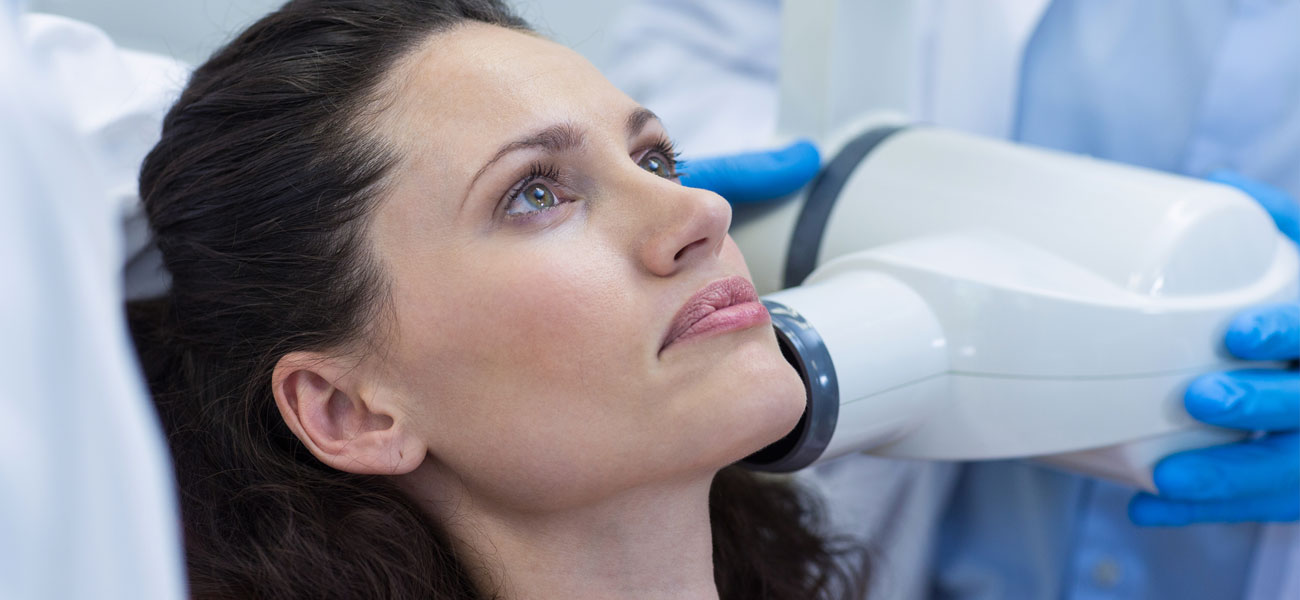
You remember the trips to the dentist as a child, where your dental attendant would cover your shoulders with a thick black bib to protect you from radiation while you had x-rays taken of your teeth. But you may not recall undergoing a dental x-ray since your childhood; many adults choose to opt out of their recommended x-ray checkup at the dentist. Some patients cite radiation as the cause of their avoidance, while some just don’t see dental x-rays as necessary to their oral and overall health. Although radiation should always be handled carefully, opting out of your dental x-rays can put you at increased risk for serious health problems like gum disease, bone deterioration, tumors, and jaw fractures which can otherwise go undetected until they’re severe and untreatable.
The Truth About X-Ray Radiation
Radiation is one of the main risk factors healthy adults claim when they opt out of their dental x-rays, but in terms of overall health benefits, the risk of bodily harm from x-rays is extremely low. Dental x-rays use a low-grade radiation which, with proper precautions like the use of a lead bib to protect the rest of the body, is perfectly safe in small doses for regular dental checkups.
Like with other x-rays, the radiation used in dental x-rays always poses a slight risk of tissue damage, so they should be used sparingly. Healthy adults need only receive x-rays during their dental checkups every 2-3 years, while adults at increased risk for gum disease or other dental complications should receive x-rays more often as recommended by their dentist.
What Can X-Rays do that a Routine Examination Can’t?
Dental x-rays are used in children and adolescents to check the location or incoming permanent teeth, screen for impacted or damaged teeth, or help plan for braces or tooth extraction if necessary. However, dental x-rays aren’t just important for planning for a healthy adult mouth; they are also imperative in maintaining oral health and in catching serious problems before they become unmanageable. Here are just a few of the risk factors dental x-rays can reveal that aren’t otherwise detectable:
- Cysts, tumors, or abscesses that occur under the skin.
- Large or extensive cavities, or the need for a root canal or a challenging tooth removal.
- Damage within the mouth like tooth decay, bone trauma, or tooth injury that can’t be seen at on the surface.
- Hidden teeth, especially wisdom teeth, that are positioned to grow in abnormally.
- Changes in the bone that can lead to dental disease or deterioration of the jaw bone.
- Dental infections below the surface, which can cause undetected bone loss over time.
If you’re still on the fence about saying “yes” to your dental x-rays this year, chat with your dentist to get their opinion on how often you need x-rays. Even if you choose to receive dental x-rays every other year, their benefits far outweigh their risks in terms of catch preventable issues early and ensuring your long lasting dental health.